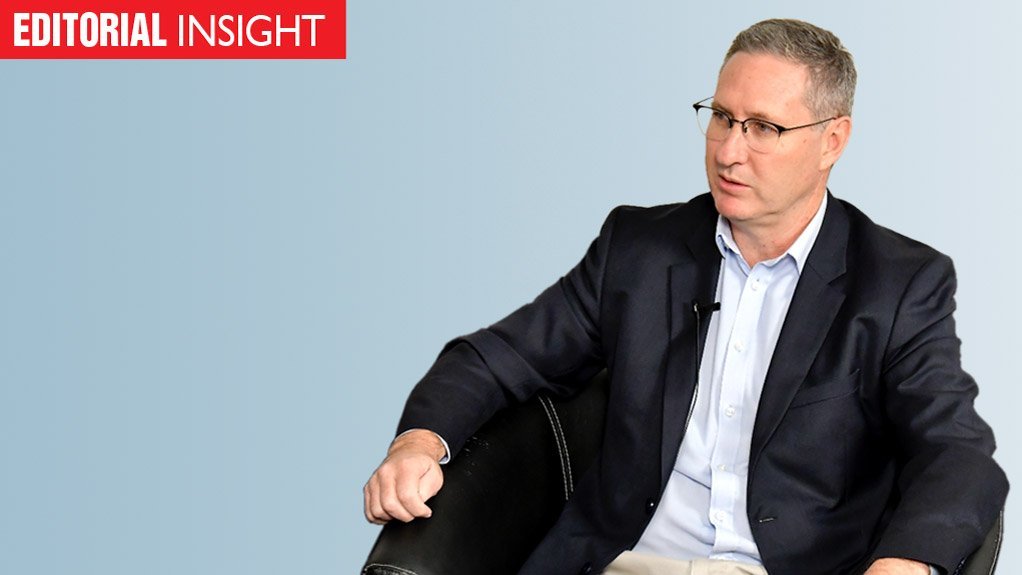Mineral Resources and Energy Minister Gwede Mantashe has never disguised the fact that he believes that Eskom could be turned around and loadshedding ended if he was made the shareholder Minister responsible for the utility.
Some of his recent remarks likening the resignation of senior executives and nonexecutives at Eskom and Transnet to mice running away from dangerous levels of methane underground suggests that he continues to harbour this view.
While such a remedy may sound logical, it would be a bad response to both poor performance and poor governance at the State-owned enterprises (SOEs), most of which remain in a precarious position despite the board and management changes that have been made in the period following the years of extreme State capture.
The problem with blending policy and shareholder responsibilities is that it creates significant moral hazard, whereby policy decisions can easily be clouded and contaminated by the financial or commercial needs of the SOE directly affected by those decisions.
Whether such hazard will be properly avoided through the State Asset Management holding company proposed in the National State Enterprises Bill is highly debatable. Nevertheless, the principle still holds.
Take electricity, for instance. What is good and progressive policy for an industry experiencing a once-in-a-generation disruption to its business model will not necessarily be in Eskom’s commercial interests. In such a context, it’s crucial that the policy Minister is free to make decisions in the interest of the sector rather than to allow the SOE tail to wag the legislative and policy dog.
Given the size and influence of an entity such as Eskom, it is only natural for a politician – particularly one who understands power and power relations – to want to control the entity. However, that is to miss the true power that comes from being able to approach policymaking from a position that is entirely unencumbered.
Indeed, if Mantashe really wants to have Eskom scurrying like mice, he could do no better than to focus on the suite of policies under his control and which empower him to dictate the pace not only of Eskom but all participants.
A single-minded pursuit of secure, affordable and cleaner electricity supply for households and industry would empower the Minister to not only shape the long-term legislative framework but also pressurise incumbents and new entrants alike to act in a way that brings the future forward rather than delays the inevitable.
Imagine, for instance, if he used his policymaking prerogative to make it mandatory for Eskom, or the future grid company, to connect new renewables. Overnight, it would shift attention from the current unhelpful fixation on how much renewables South Africa can absorb to what needs to be done to connect them.
Given that variable solar and wind are now indisputably the lowest-cost sources of new electricity and given the country’s chronic under-supply, as well as the age of the old coal plants, such a move would be low risk and a welcome gamechanger, with Mantashe as its formidable champion.
EMAIL THIS ARTICLE SAVE THIS ARTICLE ARTICLE ENQUIRY
To subscribe email subscriptions@creamermedia.co.za or click here
To advertise email advertising@creamermedia.co.za or click here











